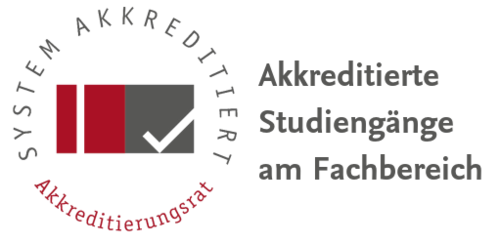Graduate Working Group: Knowledge, Material Texts, and Jewish History
This international working group aims to be a forum for graduate students and early stage post-doctoral researchers who study the materiality of Jewish texts – for example, Hebrew manuscripts, printed Yiddish books, Iberian archival materials, or other artifacts – and the gamut of knowledges cultivated therein – from kabbalah to the natural sciences, from halachic literature to alchemy. The group is oriented towards method and theory: What could it mean for Jewish intellectual history to foreground manuscript copying and print technology, scribal habits and editorial practices, scholarly networks and educational institutions? What economic and social forces impacted text production, and what cultural norms and intellectual tendencies influenced the transformation and circulation of knowledge among Jewish writers and readers? These are the sorts of questions we hope to ask about Jewish history, with an emphasis on themedieval and early modern periods but without geographical boundaries.
Beginning on April 5, 2021, the group meets virtually once a month. Eventually, we intend to convene an in-person workshop or conference as pandemic conditions permit. Meetings take place in English, and have three general formats:
1. Focused Discussions:The core component of our meetings will be discussions of specific topics. Potential topics include theoretical concepts (transmission, reception, circulation, influence, networks), methodological issues (multi-text manuscripts, marginal notes, printed paratexts, itinerancy, translation), and historiographical trends (history of knowledge, global history, micro-history, material philology, book history). Relevant readings will be pre-circulated.
2. Research Presentations:Participants will have the chance to present and receive feedback on a shared draft (such as a dissertation chapter or draft article).
3. Guest Sessions:Senior scholars will occasionally be invited to have a conversation with the members of the group and to present their research and perspectives.

